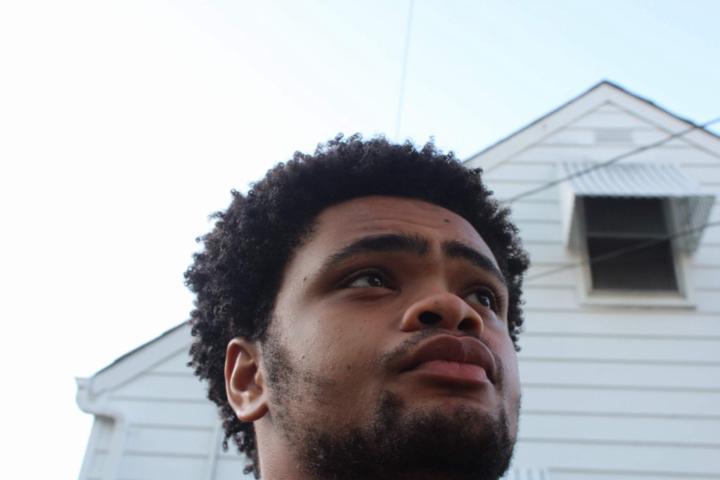Activity
Mon
Wed
Fri
Sun
Mar
Apr
May
Jun
Jul
Aug
Sep
Oct
Nov
Dec
Jan
Feb
What is this?
Less
More
Owned by Daryl
Learn how to set up and monetize your YouTube channel
Memberships
Creator Profits
17.2k members • Free
Free Skool Course
42.5k members • Free
Content Academy
13.8k members • Free
Skoolers
190.1k members • Free
56 contributions to Content Academy
What process change actually stuck instead of fading?
A lot of changes feel good for a week — then disappear. What’s one process change you made that actually stuck?Something that’s now automatic instead of effort. That’s the stuff that compounds long-term.
What non-negotiable rule are you setting for your workflow?
Chaos usually comes from unclear rules, Standards bring calm. What’s one non-negotiable you’re setting for your workflow this week? Time limits, posting windows, editing caps, or fewer tools.
What standard are you setting for your content workflow?
Chaos creeps in when standards aren’t defined. What’s one non-negotiable standard you’re setting for your workflow — time limits, structure, or simplicity?
What’s the one bottleneck you want to fix in your workflow this week?
Everyone has a step that slows everything down. What’s the one bottleneck you want to fix or simplify this week — planning, editing, posting, or something else? Clarity beats motivation.
Abundance in content usually comes from subtraction
Trying to do everything creates scarcity, of time, energy, and focus. Abundance often shows up when you remove platforms, steps, or rules that don’t matter. Less friction → more output → more opportunity.
1-10 of 56
@daryl-sanders-7833
550,000+ views on YouTube
niche: content creation expert
Offer: help aspiring content creators get started and grow exponentially
Active 1d ago
Joined Sep 2, 2025
INTP
united states
Powered by

